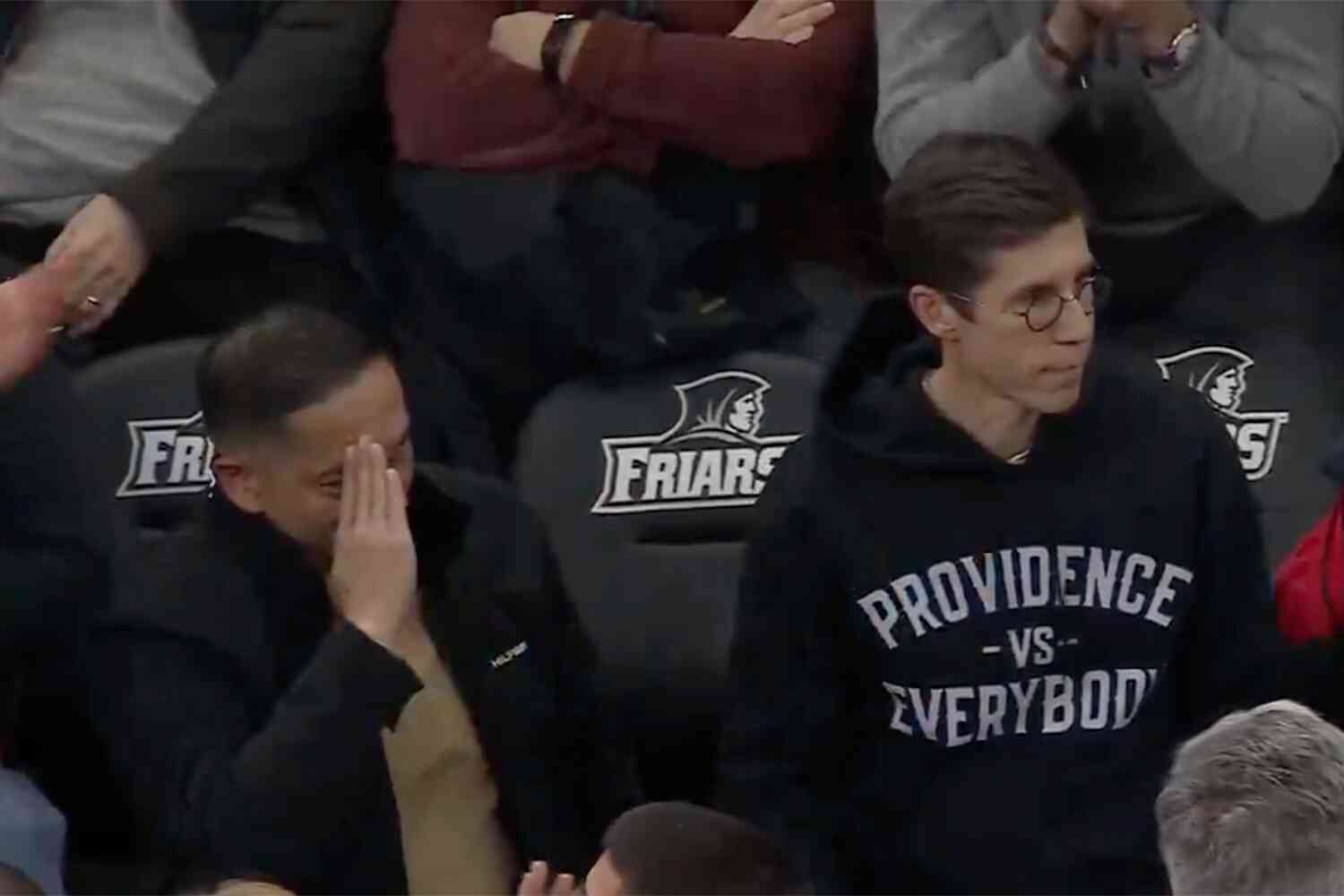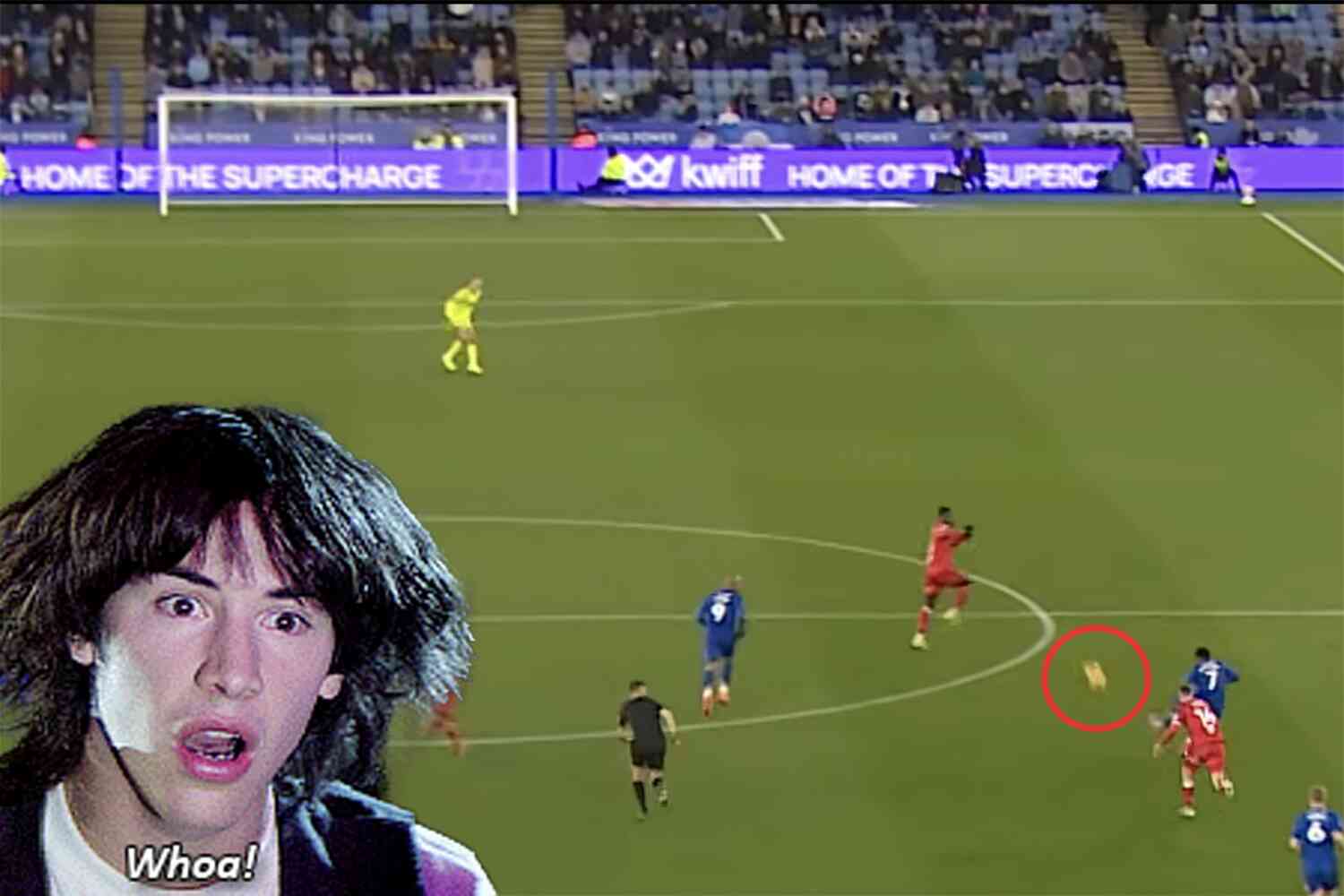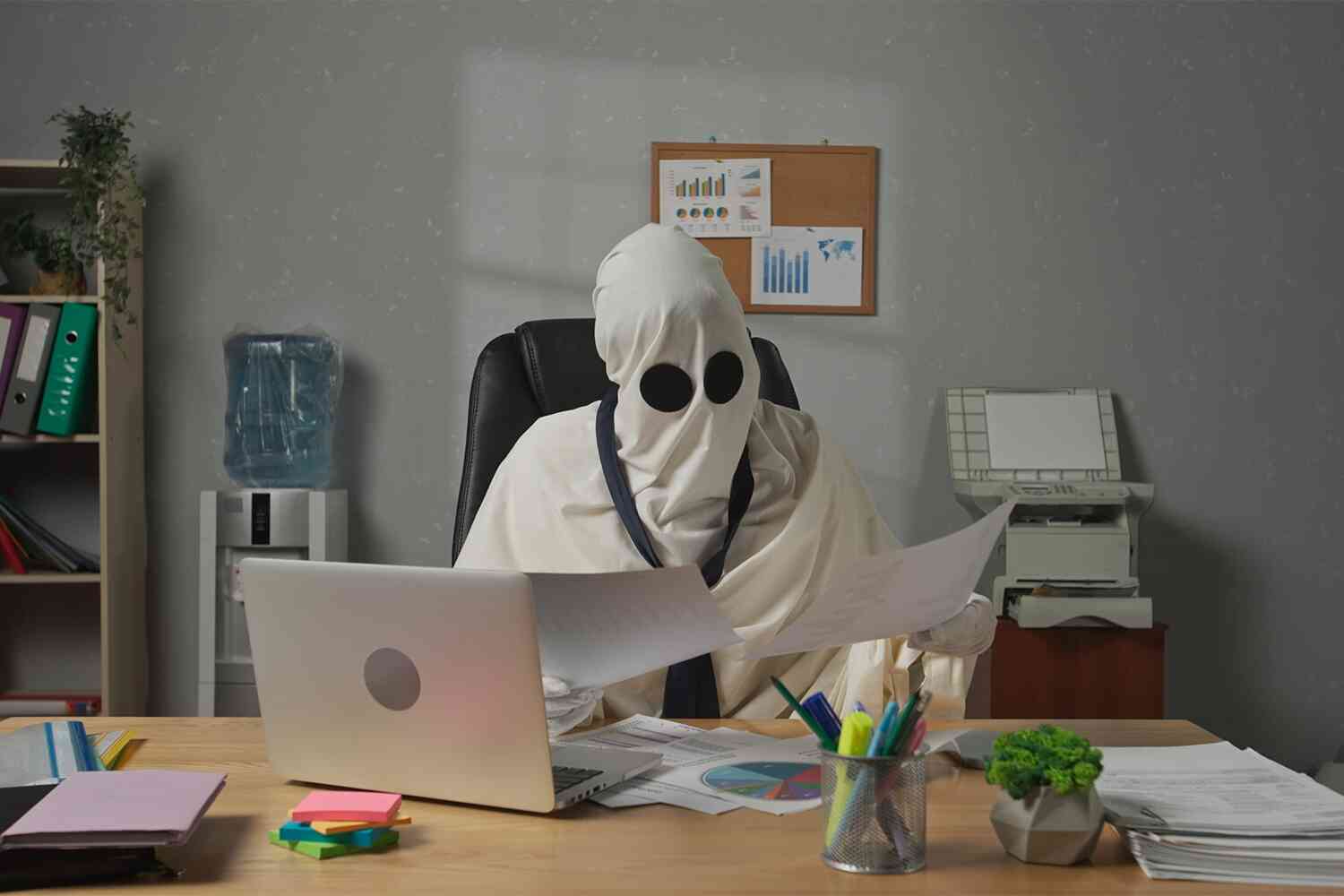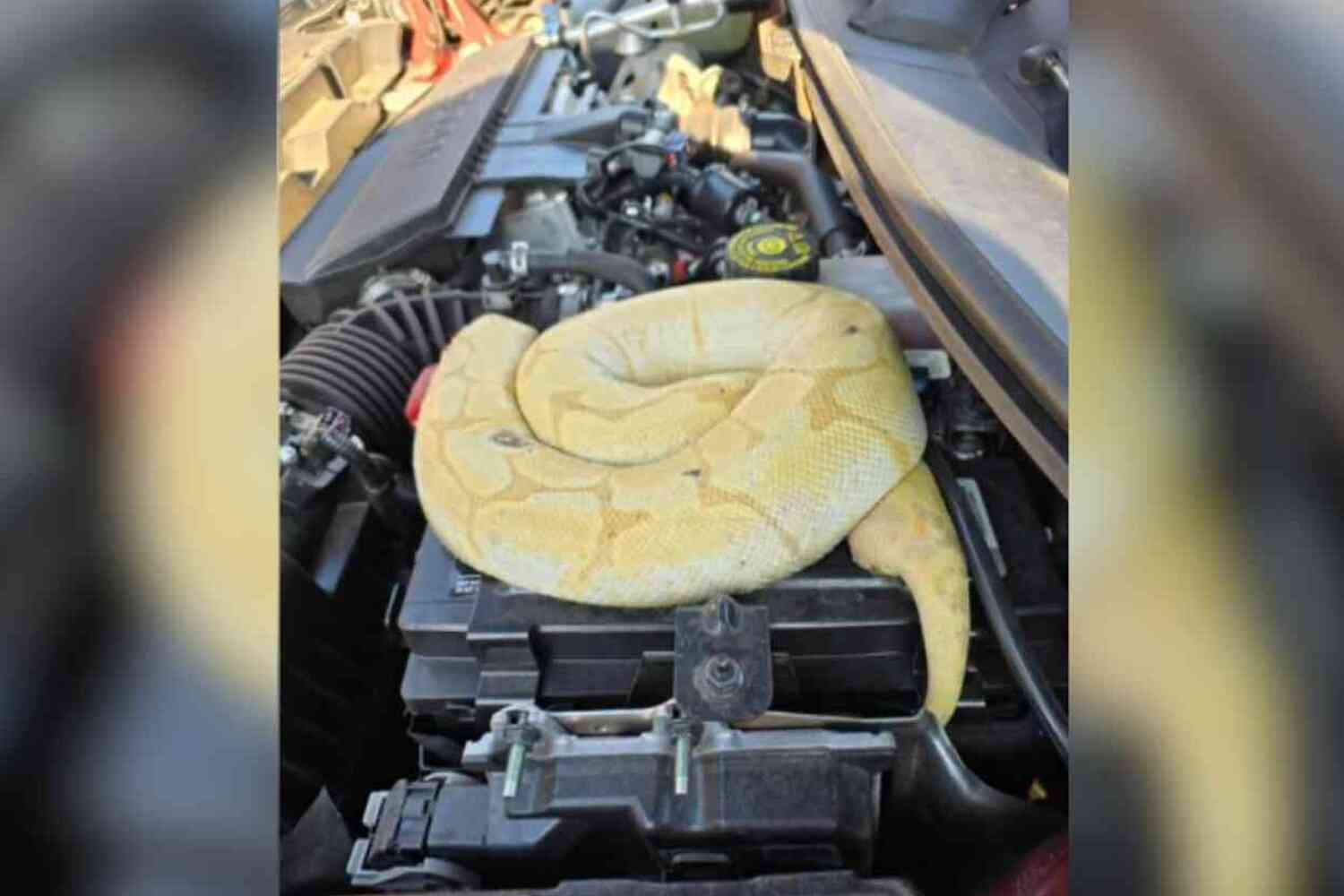Like a magnanimous monarch, Paul Krugman wants to relieve you of the burden of choice.
Krugman's argument is that because some people make bad decisions, we should all be denied the option of making decisions for ourselves. He cites high electricity bills in Texas during the winter storm for people who chose variable pricing, high medical bills for people who chose cut-rate health insurance plans and so on.
The thing Krugman doesn't understand is that having to live with the consequences of bad decisions isn't a bug, it's a feature. People make better decisions when there are consequences, they make worse ones when there are not.
Suggesting you use the living room furniture as a trampoline park entails much lower personal consequences when you're at your friend's house than when you're at you're own which is not something that has ever happened to me and besides it was my brother's fault.

Of course, that would require Krugman to view you as sovereign citizens, full-grown adults with the capacity to grow and learn and overall make the best decisions for yourselves and your families.
That is not how Krugman views you.
What these stories have in common is that they're snapshots of a country in which many of us are actually offered too many choices, in ways that can do a lot of harm.
That is not condescending. That's caring.
As a parent would a child.
It's true that both Economics 101 and conservative ideology say that more choice is always a good thing.
I want you to pause here a moment and reflect that Krugman won a Nobel prize for economics because he's about to argue against Economics 101.
The spread of this ideology has turned America into a land where many aspects of life that used to be just part of the background now require potentially fateful decisions.
The "ideology" of basic economics. Got it.
Some, maybe even most, of this expansion of choice was good. I don't miss the days when all home phones were owned by AT&T and customers weren't allowed to substitute their own handsets.
There are some choices he likes having.
Coincidentally, those are the only ones you should be permitted
But the argument that more choice is always good rests on the assumption that people have more or less unlimited capacity to do due diligence on every aspect of their lives — and the real world isn't like that. People have children to raise, jobs to do, lives to live and limited ability to process information.
People are busy, and it can be a pain, but spending time considering what you should do about, say, your retirement and related investments is important enough to focus on.
What is he really getting at here?
Beyond all that, I'd suggest that an excess of choice is taking a psychological toll on many Americans, even when they don't end up experiencing disaster.
He's just worried about you. All this choice, are you really equipped to handle it?
The poor also face a heavy "cognitive burden" — the constant need to make difficult choices that the affluent don't confront, like whether to buy food or pay the rent. Because people have limited "bandwidth" for processing complex issues, the financial burdens placed on the poor all too often degrade their ability to make good decisions on other issues, sometimes leading to self-destructive life choices.
You see, those poor people are just too dumb to deal with the "heavy cognitive burden" and lack the mental "bandwidth" to process "complex issues."
Like Paul Krugman can.
Who knows, maybe he got caught short on Gamestop and is among the poor dumb people now.
What I'm suggesting is that a society that turns what should be routine concerns into make-or-break decisions — a society in which you can ruin your life by choosing the wrong electric company or health insurer — imposes poverty-like cognitive burdens even on the middle class.
"Even on the middle class!"
See, it's not just poor dumb people, why, it's even smarter, if only by a little of course, middle-class people who suffer under the cognitive burdens of choice.
And now we know what Krugman was really trying to say.
Is not this simpler? Is this not your natural state? It's the unspoken truth of humanity, that you crave subjugation. The bright lure of freedom diminishes your life's joy in a mad scramble for power, for identity. You were made to be ruled. In the end, you will always kneel.









